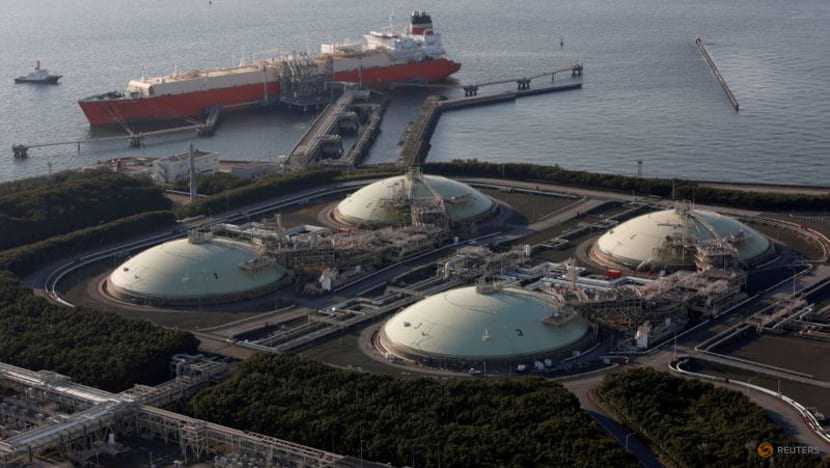Japan refiners dust off fuel oil supply chains to meet rising utility demand
26 November, 2021

Japanese refiners are dusting off unused supply chains for fuel oil and getting coastal vessels and storage tanks ready after receiving requests from electric utilities to supply more fuel oil this winter amid a global crunch for power generation fuels.
Japan narrowly averted blackouts last winter as liquefied natural gas (LNG) demand and prices soared during a cold snap, and the situation this year may get even tighter as strong use and restocking in Europe and Asia draws down supplies and props up prices near record highs, executives and analysts say.
Highly polluting fuel oil, used mainly to power ships, is being considered as a backstop in case of gas shortages for the first time since the aftermath of the Fukushima disaster in 2011.
The nation's top two refiners Eneos Holdings and Idemitsu Kosan are getting higher orders for fuel oil from electric utilities for this winter to ensure adequate power supply during the peak demand season, their executives said.
"We have received orders from several utilities for double the amount of fuel oil that we have shipped in January and February this year," Idemitsu President Shunichi Kito said.
The move comes after the government warned that electricity supplies this winter may be at their tightest in a decade, and asked energy companies to secure adequate fuels to avoid any potential power crunch.
Recent cold snaps that brought temperatures well below normal in Japan, Korea and northern China have made utilities nervous about weather models turning progressively colder as winter approaches.
But Japan, a former refining powerhouse, has cut outdated fuel-making capacity so severely in recent years that it may now lack the ability to produce as much fuel oil as needed, said Fereidun Fesharaki, chairman of Facts Global Energy (FGE).
"If there is a problem with one of the nuclear plants you can't switch on to fuel oil like last time to save the Japanese economy," Fesharaki said, referring to the post-Fukushima scramble for power supplies a decade ago.
Last winter, Japanese LNG users frantically competed with Chinese and South Korean buyers for cargoes in a tight spot market as freezing conditions hit the region, sending Japanese electricity prices to global records.
Japanese utilities also sought extra fuel oil at the time to boost run rates at their oil-fired power stations, but refiners struggled to accommodate the demand surge, Kito said.
"The requests came so suddenly and it took a while for us to arrange coastal vessels and other things. So we are now making preparations ahead of time just as utilities are doing," he said.
Idemitsu is raising fuel oil output and scheduling vessels, a spokesperson said.
Oil accounted for 2.6per cent of fuels used by utilities in 2019, down from 18.3per cent in 2012, a year after the Fukushima disaster which led to the shutdown of nuclear reactors and forced Japan to import fossil fuels for electricity generation.
Japan used to rely heavily on oil-fired power plants in the 1970s, with heavy fuel oil accounting for about a half of refined product demand.
But that dropped to less than 5per cent by 2019 as Japan diversified fuel sources to coal, LNG and nuclear to reinforce energy security and cut costs.
"With declining demand for fuel oil, our relationship with electric utilities has become weaker, but we have received many inquiries from those we have kept relationship with for this winter," Eneos President Katsuyuki Ota said.
Eneos has about 50per cent market share of refined products in Japan.
The head of the Petroleum Association of Japan (PAJ) said last month that utilities have asked refiners for extra fuel oil supplies as they try to switch from expensive LNG.
Japanese utilities, including Hokkaido Electric Power and Kansai Electric Power, say they have arranged adequate fuel supply to meet expected power demand this winter.
"We are keeping higher fuels inventories as we are headed for winter," a spokesman at Shikoku Electric Power said.
Source: www.channelnewsasia.com
